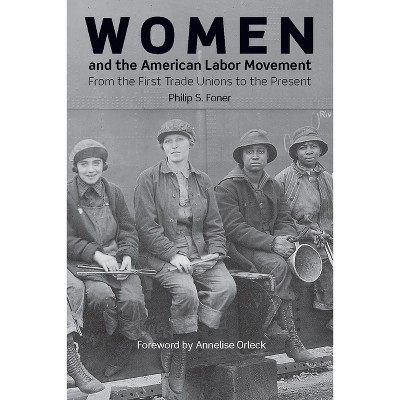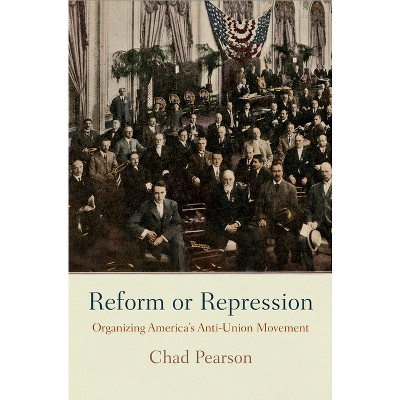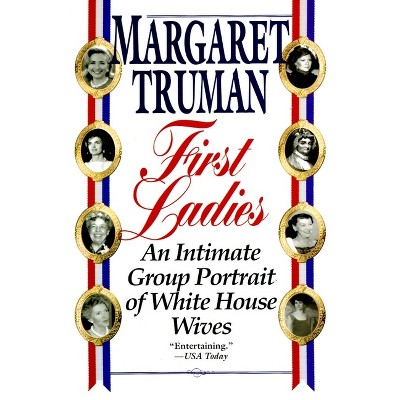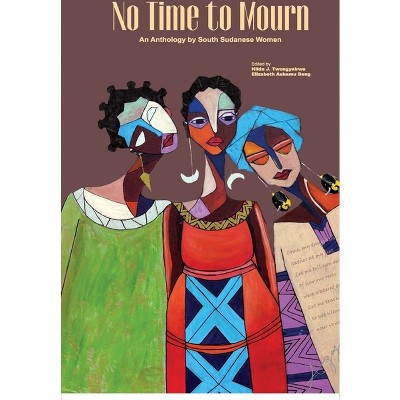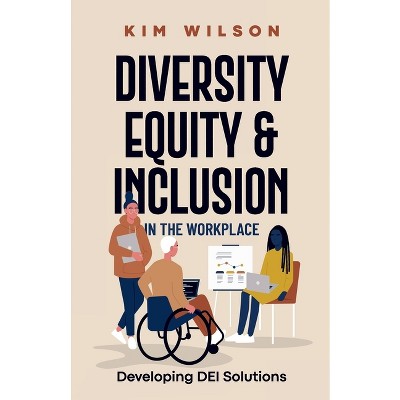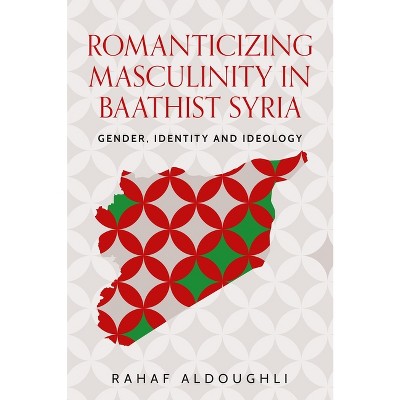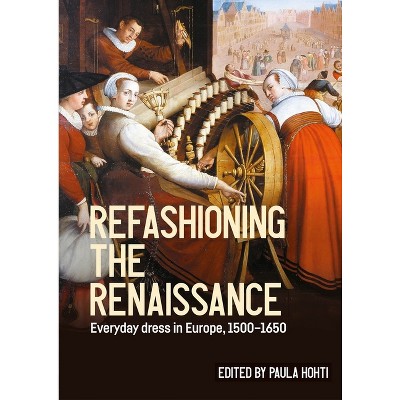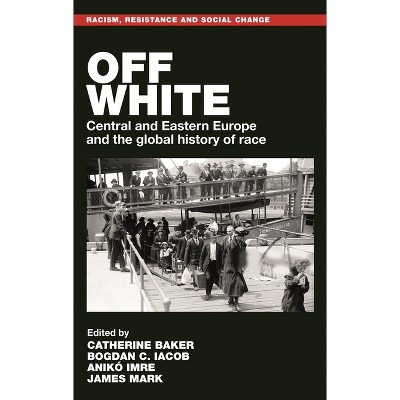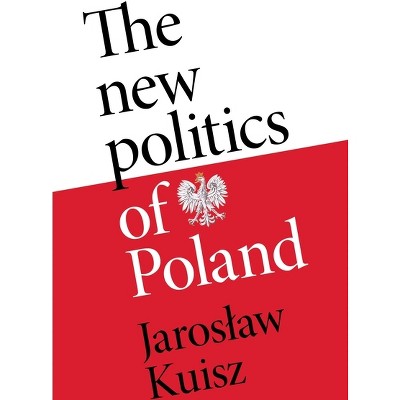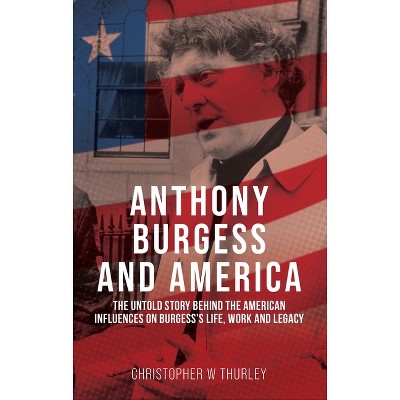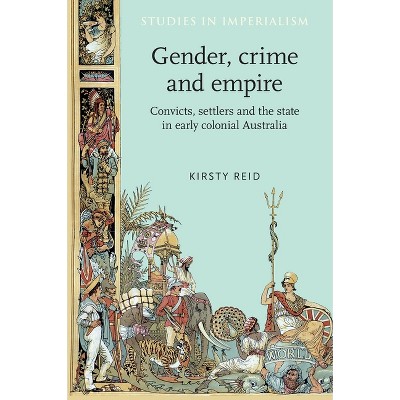Sponsored

Intimacy and Injury - (Governing Intimacies in the Global South) by Nicky Falkof & Srila Roy & Shilpa Phadke (Paperback)
In Stock
Sponsored
About this item
Highlights
- Both India and South Africa have shared the infamy of being labelled the world's 'rape capitals', with high levels of everyday gender-based and sexual violence.
- About the Author: Nicky Falkof is Professor of Media Studies at the University of the Witwatersrand Shilpa Phadke is Professor at the School of Media and Cultural Studies, Tata Institute of Social Sciences, Mumbai Srila Roy is Professor of Sociology at the University of the Witwatersrand
- 376 Pages
- Social Science, Gender Studies
- Series Name: Governing Intimacies in the Global South
Description
About the Book
Intimacy and injury offers an original perspective on the #MeToo movement from South Africa and India. It overturns the dominance of western debates on #MeToo by foregrounding diverse southern feminist takes on the possibilities and limits of this movement in the global south.Book Synopsis
Both India and South Africa have shared the infamy of being labelled the world's 'rape capitals', with high levels of everyday gender-based and sexual violence. At the same time, both boast long histories of resisting such violence and its location in wider cultures of patriarchy, settler colonialism and class and caste privilege.
Through the lens of the #MeToo moment, the book tracks histories of feminist organising in both countries, while also revealing how newer strategies extended or limited these struggles. Intimacy and injury is a timely mapping of a shifting political field around gender-based violence in the global south. In proposing comparative, interdisciplinary, ethnographically rich and analytically astute reflections on #MeToo, it provides new and potentially transformative directions to scholarly debates this book builds transnational feminist knowledge and solidarity in and across the global south.From the Back Cover
Intimacy and injury maps the travels of the global #MeToo movement in India and South Africa. Both countries have shared the infamy of being labelled the world's 'rape capitals', with high levels of everyday gender-based and sexual violence. At the same time, both boast long histories of resisting such violence and its location in wider cultures of patriarchy, settler colonialism and class and caste privilege.
Voices and experiences from the global north have dominated debates on #MeToo which, although originating in the US, had considerable traction elsewhere, including in the global south. In India, #MeToo revitalised longstanding feminist struggles around sexual violence, offering new tactics and repertoires. In South Africa, it drew on new cultures of opposing sexual violence that developed online and in student protests. There were also marked differences in the ways in which #MeToo travelled in both countries, pointing to older histories of power, powerlessness and resistance. Through the lens of the #MeToo moment, the book tracks histories of feminist organising in both countries, while also revealing how newer strategies extended or limited these struggles. Intimacy and injury is a timely mapping of a shifting political field around gender-based violence in the global south. In proposing comparative, interdisciplinary, ethnographically rich and analytically astute reflections on #MeToo, it provides new and potentially transformative directions to scholarly debates that are rarely brought into conversation with one another. With contributors located exclusively in South Africa and India, this book builds transnational feminist knowledge and solidarity in and across the global south.Review Quotes
'The contributors have relied on intersectionality, transnationalism, inclusivity, and reflexivity in their exploration of the landscape of violence and violation in India and South Africa.'
Ipshita Mitra, Feminism in India
Sweta Rajan-Rankin, The Sociological Review 'Intimacy and injury is a timely mapping of a shifting political field around gender-based violence in the global south.'
Gary Edwards, Institute of Development Studies 'Must Reads of 2022' 'The call for collaborative work across disciplines, modalities and other spaces of knowledge unrecognised by the academy is clearly a priority for decolonial, feminist and queer scholarship. The book models this admirably, it is threaded through with art, images and poetry, both in the chapters and in the reflective pieces that so poignantly draw the sections together. This is indeed a strength of this book which also presents us with a rich account of #MeToo and other feminist activisms within these two global Southern contexts, offering an important contribution to the larger scholarship around #MeToo and extending the lens of the recent international handbook (Chandra and Erlingsdóttir, 2021) which, while providing a valuable and wide scan of geopolitical contexts, included a minority of global Southern voices.'
Tamara Shefer, Feminist Encounters (6(2), 34)
About the Author
Nicky Falkof is Professor of Media Studies at the University of the Witwatersrand
Shilpa Phadke is Professor at the School of Media and Cultural Studies, Tata Institute of Social Sciences, Mumbai Srila Roy is Professor of Sociology at the University of the WitwatersrandShipping details
Return details
Frequently bought together

Guests also viewed

